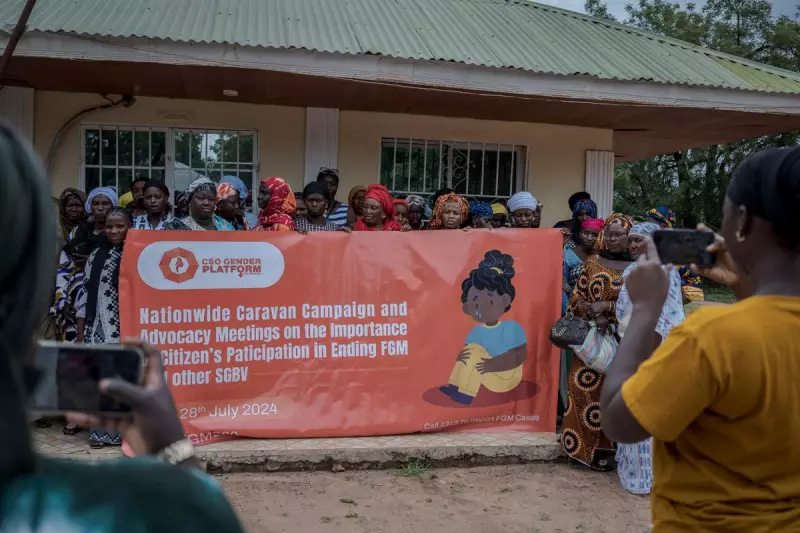
Gambia's parliament is considering a controversial bill to overturn the ban on female genital mutilation (FGM), a move that has drawn sharp criticism from human rights groups and global health organisations.
The proposed legislation, if passed, would make Gambia the first country in the world to reverse a ban on FGM, a practice the World Health Organization (WHO) condemns as a violation of human rights with severe health consequences.
Global Outrage and Health Concerns
The debate has ignited fierce backlash from activists and international bodies. The United Nations and WHO warn that lifting the ban would endanger millions of girls and women, exposing them to unnecessary health risks, including infections, childbirth complications, and psychological trauma.
"This is a dangerous step backward," said a spokesperson for a leading women's rights organisation. "FGM has no health benefits and causes lifelong harm. Repealing the ban would undo years of progress."
Religious and Cultural Arguments
Supporters of the repeal argue that FGM is a religious and cultural practice that should not be criminalised. Some Gambian lawmakers claim the ban infringes on traditional values and accuse Western nations of imposing their beliefs.
However, opponents stress that human rights should not be compromised for cultural practices. "No tradition justifies harming women and girls," said a local activist. "We must protect them, not abandon them to outdated customs."
What Happens Next?
The bill is still under discussion, and its fate remains uncertain. If passed, it could set a dangerous precedent, encouraging other nations to weaken protections against FGM.
International pressure is mounting, with calls for Gambia to uphold its commitment to women's rights and global health standards. The world watches closely as this pivotal decision unfolds.





